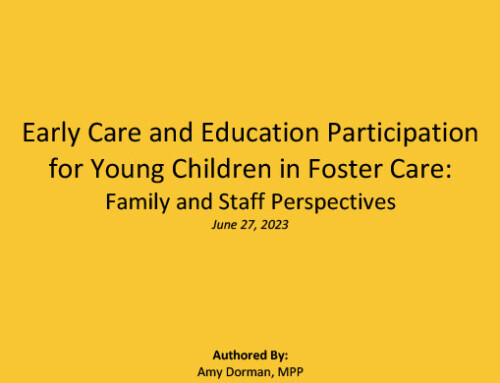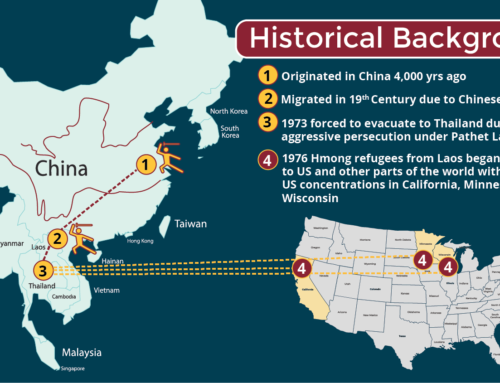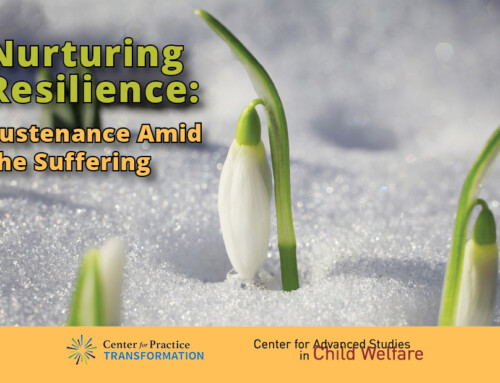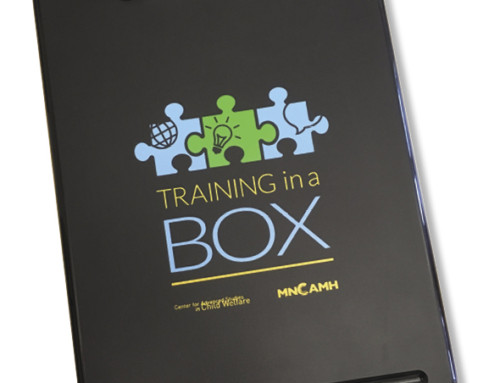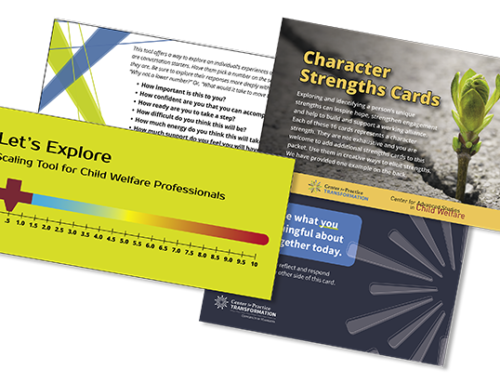Project Description
Minnesota Linking Information for Kids (Minn-LInK) seeks to improve the outcomes of children and families in Minnesota, particularly those that are in high-risk populations or situations. Minn-LInK has created long-standing relationships with several state agencies to use administrative data for the purpose of addressing cross-systems research questions regarding child well-being in Minnesota.
In September 2013, CASCW was awarded a grant from the National Science Foundation (NSF) to expand the infrastructure and capacity of Minn-LInK and create a multidisciplinary community of experts to efficiently utilize state-level administrative data to better understand child well-being in Minnesota. This will lead to valuable innovations in how child well-being is studied and understood by answering critical questions that benefit society; it will also have the potential to improve service provision to children.
Accomplishing these goals will happen by two different processes:
- Expanding the capacity of the Minn-LInK project by the acquisition of new datasets with both our existing state partners and new partners. Data are acquired by developing data sharing agreements with state agencies. Along with newly acquired datasets, Minn-LInK will also expand its capacity through the development of codebooks, support materials, and the development of ready-to-use datasets for efficient utilization of integrated data.
- Creating a community of researchers, direct service providers, administrators, and policymakers representing diverse disciplines to support data-intensive research utilizing newly expanded and integrated data. The project will establish the Minn-LInK Collaborative Research Network, comprised of members of the Advisory Board, research experts and faculty, and Minn-LInK Fellows through the creation of a Minn-LInK Fellowship Program.
